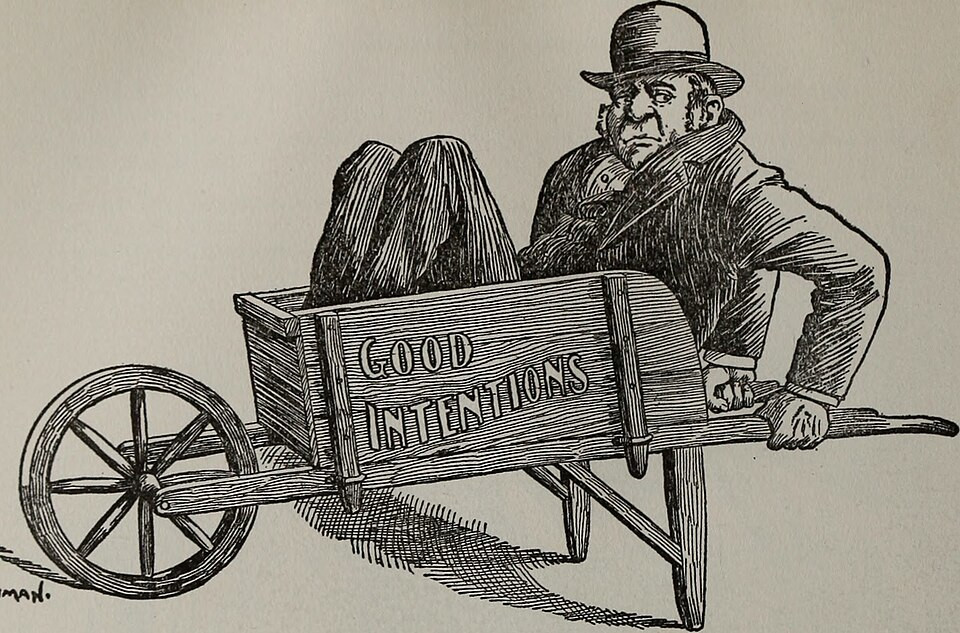
trusatile
adj. that may be pushed; worked or driven by pushing

trusatile
adj. that may be pushed; worked or driven by pushing

manducate
v. chew
congustable
adj. having a similar flavor
deturpation
n. a making foul
gazingstock
n. a thing gazed at with wonder
Beneath Seattle’s Pike Place Market is a 50-foot brick wall covered with used chewing gum. Begun in the 1990s, the wall now bears an estimated 180 pieces of gum per brick. In 2009 it was ranked second only to the Blarney Stone as the world’s germiest tourist attraction.
Washington state governor Jay Inslee called the “gum wall” his “favorite thing about Seattle you can’t find anywhere else,” but in fact Bubblegum Alley, in San Luis Obispo, Calif., is even bigger, at 70 feet long (below). Opponents call it offensive, but the Chamber of Commerce lists it as a “special attraction.”


subtrist
adj. somewhat sad
zetetic
adj. proceeding by inquiry
astucious
adj. subtle; cunning; astute
consectary
adj. following logically
‘Who did you pass on the road?’ the King went on, holding out his hand to the Messenger for some more hay.
‘Nobody,’ said the Messenger.
‘Quite right,’ said the King: ‘this young lady saw him too. So of course Nobody walks slower than you.’
‘I do my best,’ the Messenger said in a sulky tone. ‘I’m sure nobody walks much faster than I do!’
‘He can’t do that,’ said the King, ‘or else he’d have been here first.’
— Lewis Carroll, Through the Looking-Glass, 1871
verbarian
adj. relating to words
gasconade
n. boastful or bombastic language
philautia
n. self-conceit; undue regard for oneself
procacious
adj. cheeky, provocative
An odd little detail from Boswell’s Life of Johnson:
“His next instructor in English was a master, whom, when he spoke of him to me, he familiarly called Tom Brown, who, said he, ‘published a spelling-book, and dedicated it to the UNIVERSE; but, I fear, no copy of it can now be had.'”

scattergood
n. a person who spends money wastefully
Built in the 16th century to flaunt its owner’s wealth, Hardwick Hall, in Derbyshire, boasted large windows when glass was a luxury. Children called it “Hardwick Hall, more glass than wall.”
Unfortunately, writes Stephen Eskilson in The Age of Glass (2018), “a cold day saw the chimneys of Hardwick Hall drawing cold air through the drafty windows and circulating it again to the outside,” “a sui generis example of thermal inefficiency.”
ergophobia
n. an aversion to work
isolato
n. a person who is physically or spiritually isolated from their times or society
hebetate
v. to make dull or obtuse
suspiration
n. a long, deep sigh
Drawn from the last line of a 1951 poem by Pierre Béarn, the French phrase métro, boulot, dodo describes the monotony of workday life: Métro refers to a subway commute, boulot is an informal word for work, and dodo is baby talk for sleep.
Anna Kaloustian wrote in the Yale Herald, “No English expression manages to quite grasp its prosaic implication, its banality.”
postation
n. the placing of one thing after another
consectaneous
adj. succeeding, following as by consequence
resiliating
adj. that resumes or causes to resume a former shape or position
finifugal
adj. shunning the end of something
Jason Allemann built this infinite LEGO domino ring in 2023. Sixty-four dominoes fall in a continuous loop, with a robot circulating perpetually opposite the cascade to restore the tiles to their standing state.
philomath
n. a lover of learning; a scholar
noddary
n. a foolish act
fedifragous
adj. contract-breaking
subitaneous
adj. sudden
In Fredric Brown’s 1954 short short story “Experiment,” Professor Johnson displays a brass cube and proposes to send it backward in time. An identical cube appears in his time machine at 2:55, and Johnson announces that at 3:00 he will complete the transaction by sending his own cube 5 minutes into the past.
A friend asks: What would happen if he changed his mind and didn’t send it?
“An interesting idea,” says the professor. “I had not thought of it, and it will be interesting to try. Very well, I shall not …”
“There was no paradox at all. The cube remained.
“But the entire rest of the Universe, professors and all, vanished.”
subagitate
v. to have sex with
verecund
adj. bashful; modest
reme
v. to cry or call out
cacoëpistic
adj. badly pronounced
[Sir Walter Raleigh] loved a wench well; and one time getting up one of the Mayds of Honour up against a tree in a Wood (’twas his first Lady) who seemed at first boarding to be something fearfull of her Honour, and modest, she cryed, sweet Sir Walter, what doe you me ask? Will you undoe me? Nay, sweet Sir Walter! Sweet Sir Walter! Sir Walter! At last, as the danger and the pleasure at the same time grew higher, she cryed in the extasey, Swisser Swatter Swisser Swatter. She proved with child, and I doubt not but this Hero tooke care of them both, as also that the Product was more than an ordinary mortal.
— John Aubrey, Brief Lives, 1697